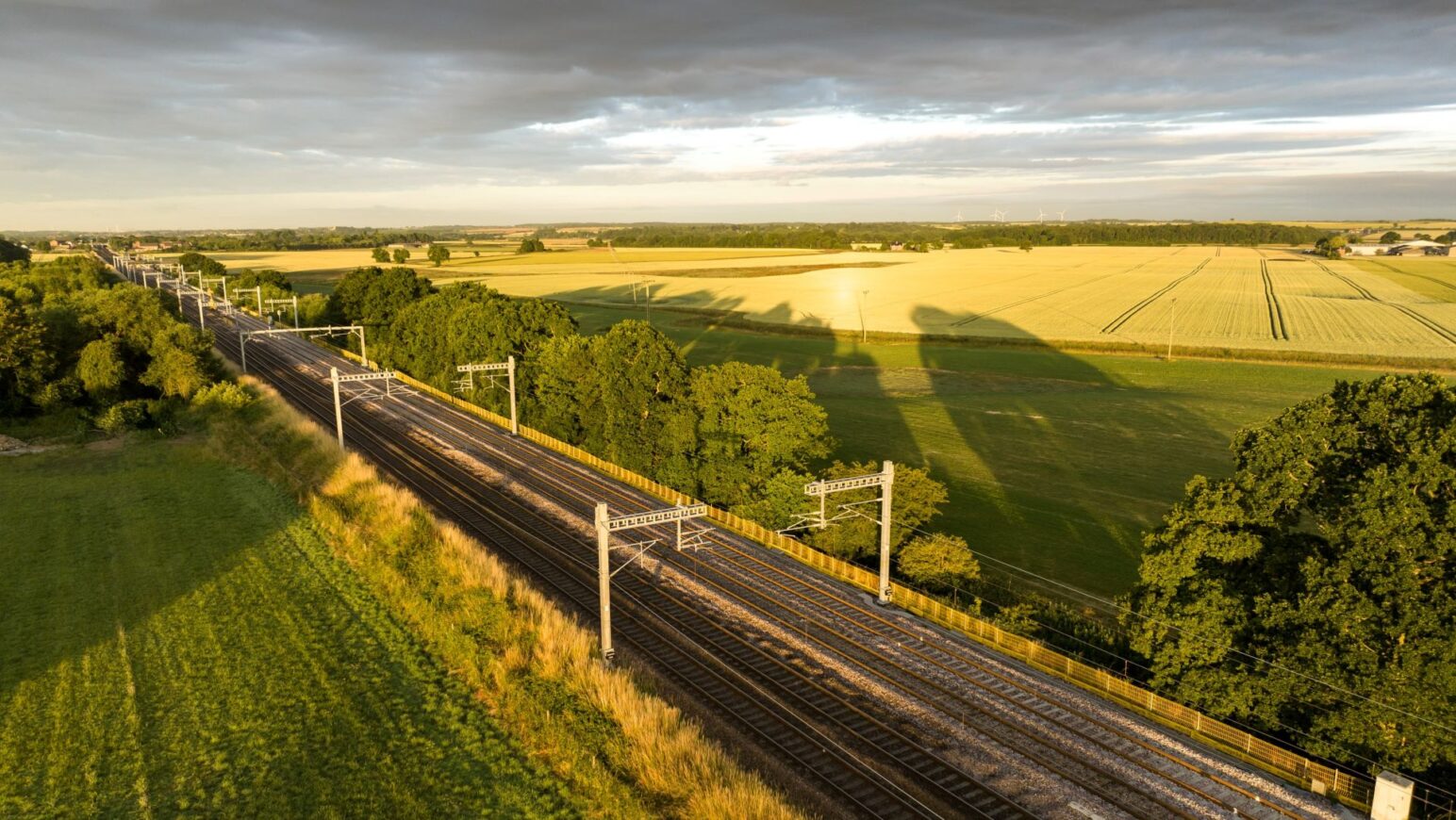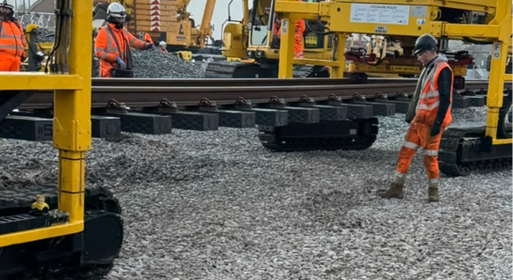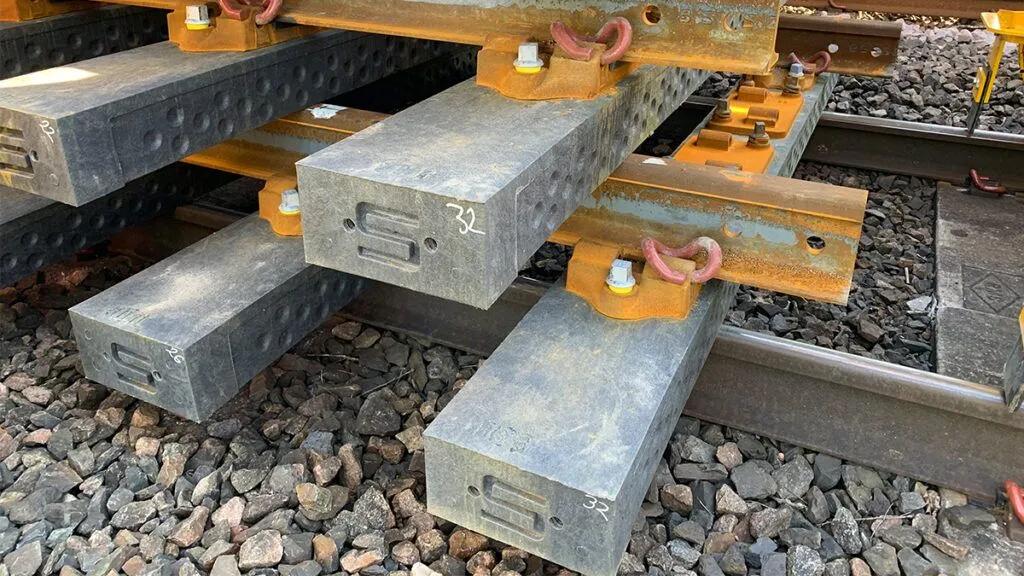
Global Recycling Day was established by the Global Recycling Foundation to raise awareness about the importance of recycling, and to promote the concept of waste as a useful resource. As part of the TRU Sustainable Development Strategy – Our Guiding Compass – recycling is a core objective in the programme’s operations as 90% of projects across the route are now in the design and delivery phase.
Due to the scale of work TRU is delivering, a large volume of natural resources and materials will be required to build and maintain TRU infrastructure, so the programme has made firm commitments to managing materials efficiently and eliminating unnecessary waste.
With a programme target of recycling or reusing 90% of waste generated during construction, performance is currently exceeding this objective at 96.3%, whilst TRU’s promise to divert 99% of construction waste from landfill is being met, with current performance since the start of the programme standing at 99.15%.
TRU is embracing circular economy, maximising the use and value of materials for as long as possible by designing-out waste from the outset, planning work so that they can be deconstructed and used again, and reusing waste.
This commitment supports TRU’s approach to reducing its carbon impact. One example is the cross-project collaboration between TRU and Rail Electrification Alliance (REAL), which saw 13,000 tonnes of leftover construction material moved from two REAL sites to several TRU sites and used to build roads and construction hubs – this transfer of resources saved approximately 1,200 tonnes of carbon that would have been generated from using new materials.
In 2024, the use of composite sleepers – a TRU first – during Christmas works at Osmondthorpe Lane bridge reduced the project’s carbon usage by 71%. A composite sleeper is made from recycled plastics or other composite materials, as opposed to typical concrete sleepers which are more significant contributors of carbon.
Anna Humphries, Head of Sustainability and Social Value for TRU, said:
“Our focus on recycling drives our efficiency, but also reflects our commitment to national efforts to reduce the environmental impacts of infrastructure.
“The programme is currently exceeding targets for recycling and reusing waste, with positive strides being made in following principles of circular economy and our carbon footprint – outlined in detail in our 2024 sustainability development report – clear to see.
“I’m proud of what we’re able to showcase this Global Recycling Day, and how large programmes such as TRU have a duty to set such an example.”

